What are the Differences between Wood Fences and Composite Fences?
Most homeowners love the feel, privacy, and aesthetics that wood fences provide and the beautiful way they blend into their landscaping designs. However, those same homeowners do not like the effort that is required to maintain a natural wood fence. Due to that, many homeowners have been migrating to composite fencing options since the late 1990’s upon it’s invention. Composite fences give you the same feel, privacy, and aesthetics that natural wood does without the required sustained maintenance. Wood fencing and composite fencing differ in many ways. If you are trying to choose between a wood fence and a composite fence, it is helpful to understand the differences, benefits, and drawbacks of each material.
Wood Fences
A Classic, Timeless Beautiful Fencing Option
When you are looking to add a beautiful, modern look to the exterior of your property while increasing the privacy to your yard, a wood fence makes an excellent choice. With the many styles and sizes to choose from, wood is a delightful material to work with. When many people think of a wood fence, they may think about the drawbacks associated with wood such as splintering, rotting, or warping. Because wood is a natural decaying material annual maintenance is required to help preserve its integrity and help guard against pests and rotting. However, with the recent advanced treatment options for wood, your wood fence can now stay beautiful for years to come. You can also change the look of your wood fence with different stains and colors over the years as you change your landscape and house color schemes. The benefits include:
- Blends Well in Every Setting
- Customizable to Complement Existing Décor
- Stained or Painted any Color
- Quick & Easy Installation
- More Affordable than other Fencing Options
- Offers Full Privacy if Needed
- Versatile – Available in a variety Materials and Sizes
- Increased Curb Appeal & Property Value
- Improved Security
- Increased Protection
- Environmentally Friendly Option
- Provides Noise Reduction
Composite Fences
A Composite Fence is an Attractive and Low Maintenance Alternative to Wood Fencing
Love the look of a wood fence but tired of painting, staining, or replacing splintering, cracked wood? A composite fence is a wonderful alternative to a wood fence. Composite fences offer you the beautiful natural look of wood, without the hassle of natural wood maintenance. With many color options, composite fencing will enhance the look of your property by blending into your landscaping and complimenting your architecture. A composite fence is not only beautiful, it requires less maintenance. Composite fence is made with recycled wood and plastic and is echo friendly. Composite fence is not susceptible to insects and pests and is weather resistant. Dirt, mold, and smoke can easily be removed with water and soap/cleaner or simple power washing. Composite fences come with manufacturers warranties. The benefits include:
- Aesthetically Pleasing – Looks Stunning
- Easy to Maintain
- Environmentally Friendly
- Impervious to Insects
- Lasting Durability
- Minimal Color Fading
- Moisture Resistant
- Not known to Splinter or Split
- Resistant to Fading
- Resistant to Mold, Decay & Rot
- Resistant to Warping
- Rich Color Choices
- True Privacy
- And More
Installation Costs
Cost and budget can play a leading role when making your fencing material decisions. The initial cost of natural wood fencing is less expensive than their composite material counterparts. Wood fences generally average around $15 per foot for material and composite fences average around $30 per foot for material nationally. While increased initial cost of composite fencing material can be nearly twice the cost of natural wood, it can be much less expensive in the long run due to overall maintenance costs and increased lifespan of composite fencing.
Fence Durability
Both wood and composite fencing are durable and can last for decades. A high quality wood fence that has been maintained can last from 10 to 15 years. However, wood fences do not last forever and will eventually wear out and need to be replaced. Composite fencing can last up to 25 years or more. The reason for the longer lifespan is related to what composite fence is made of. Composite fencing is a combination of recycled plastic and recycled wood that is fashioned into boards that are similar in appearance to wood. The boards are strong, durable, and dense making damage less likely.
Fence Maintenance
One of the main benefits of composite fencing includes the fact that it is easy to clean and maintain. A composite deck cleaner or a combination of soap, hot water and a soft bristle brush is all you will need to maintain the beauty of your composite fence. Wood fencing requires more maintenance than composite fencing. Wood fencing is vulnerable to termites, mold, and rot. You will need to treat the wood against insects and replace or repair any areas that have rotted. In our tropical climate you may also need to stain or paint your wood fence regularly to extend the life of the fence.
Contact Carter Fence Company, The Wood and Composite Fence Experts
If you need help deciding whether a wood fence or composite fence is right for you, Carter Fence Company Can Help! With over 30 years of experience, we can answer your questions and provide advice on the best option to meet your needs and fit your budget. Family owned and operated, we install the finest fences and gates in Southwest Florida at cost competitive prices. Licensed, insured, and bonded, your satisfaction is our #1 priority Contact Us Today

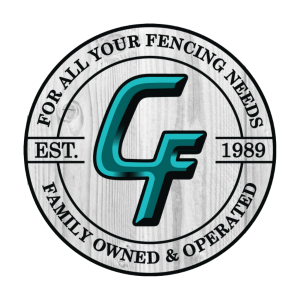
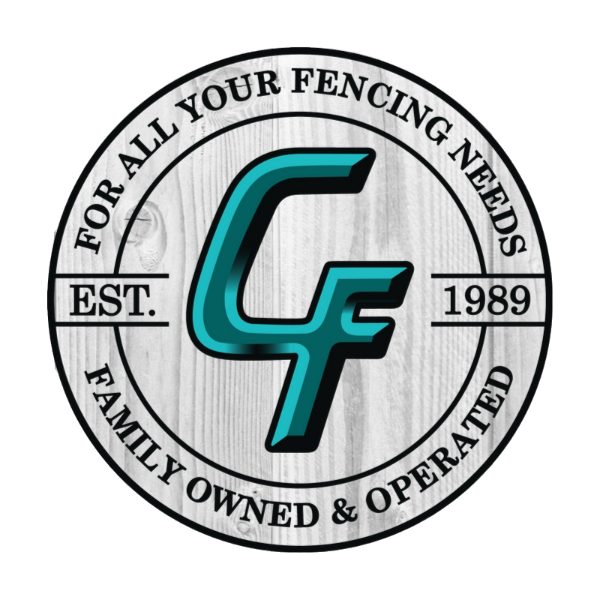


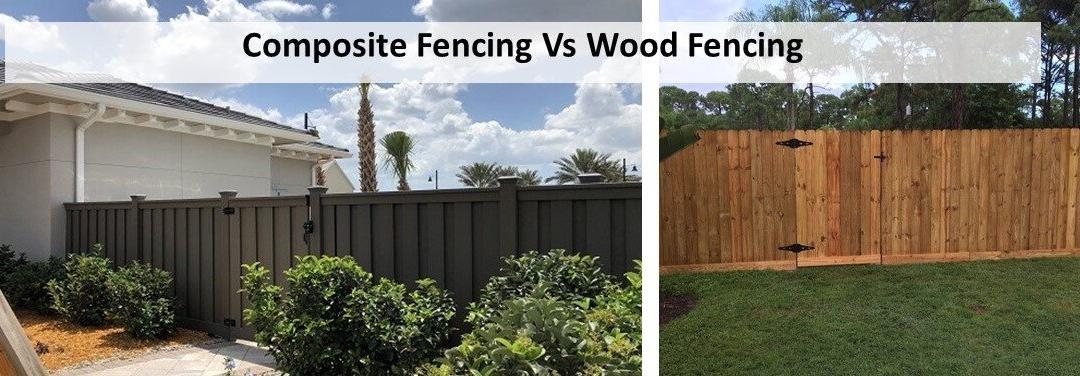
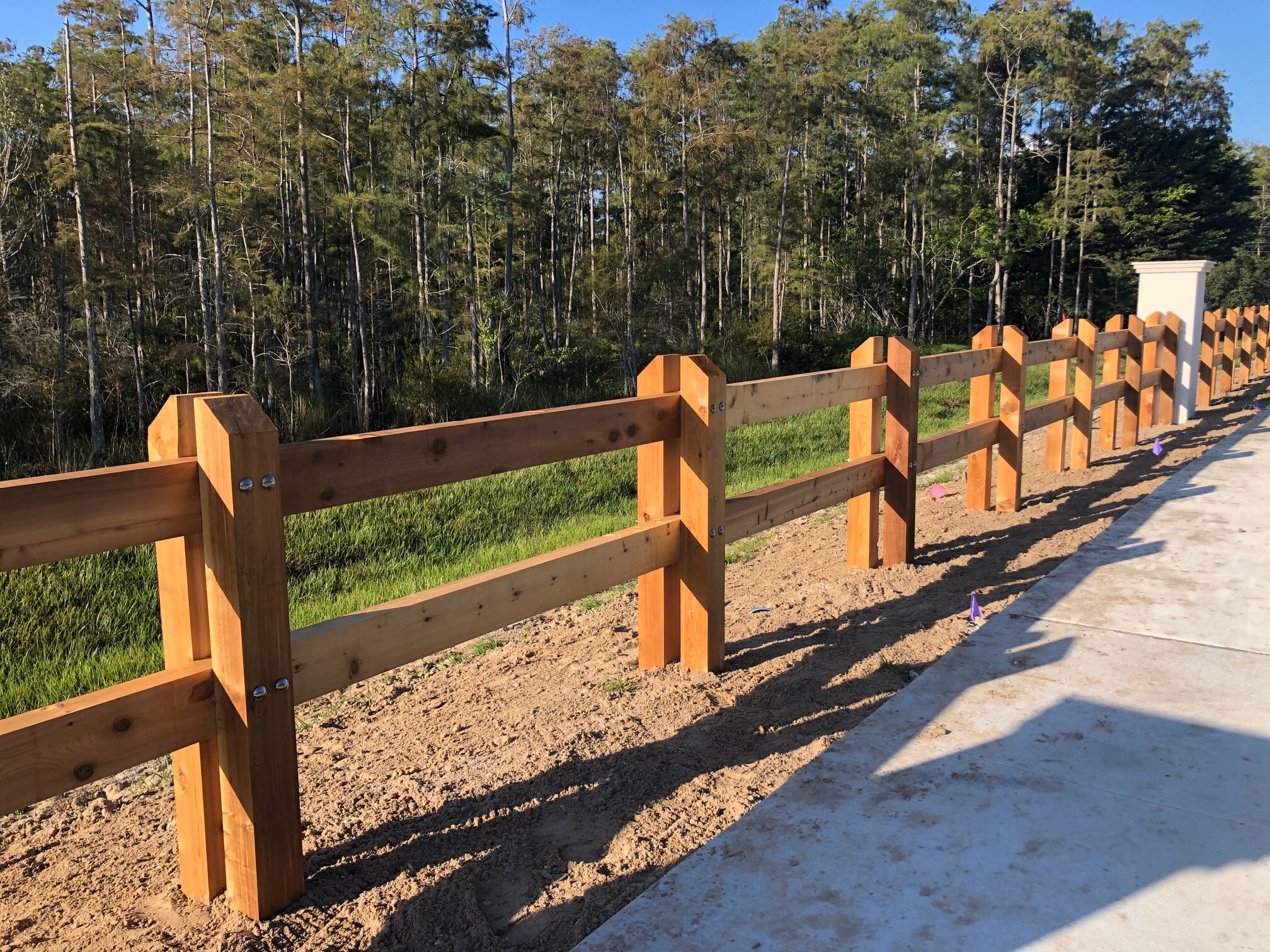
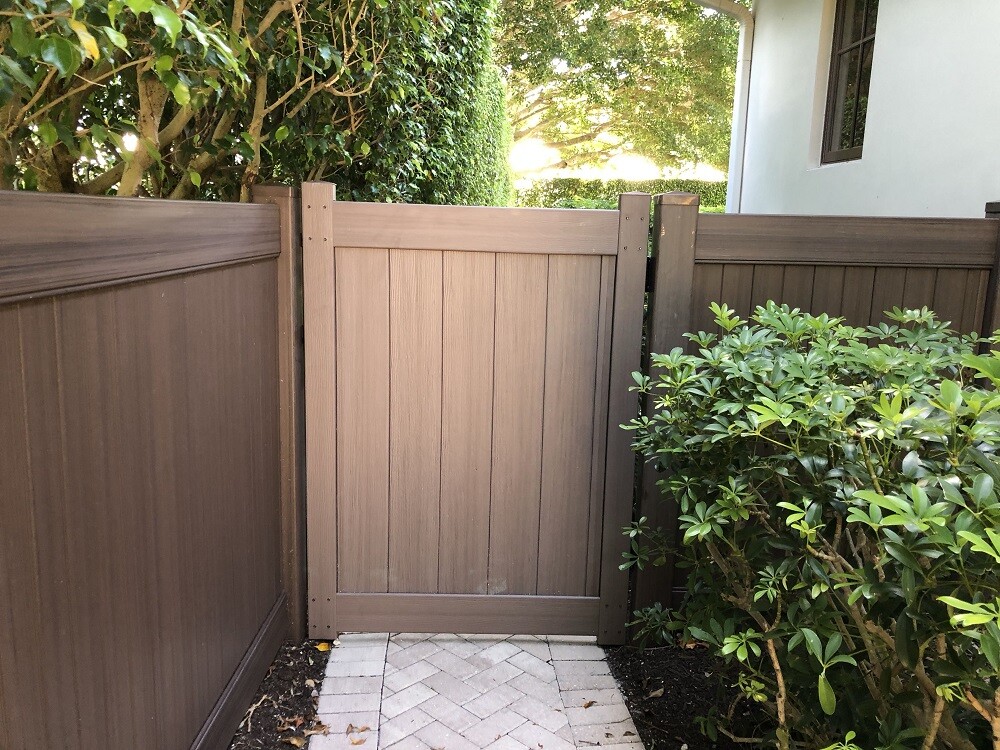
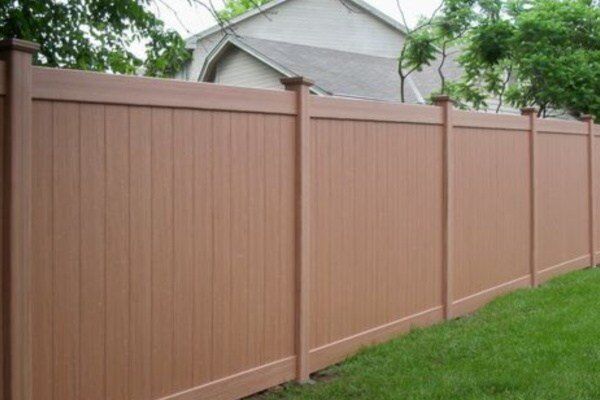
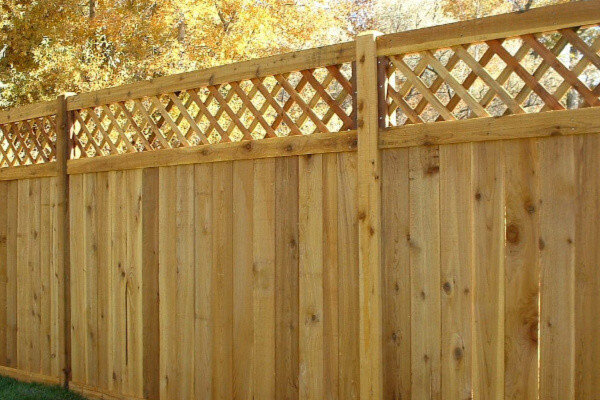
I think you may have estimated a fence installation for me about a year ago. If you still have it on file I would appreciate it if you could recalculate the price and forward to me. Everything is the same as far as the installation is concerned.
The address is:
905 15th St SW
Naples 34117